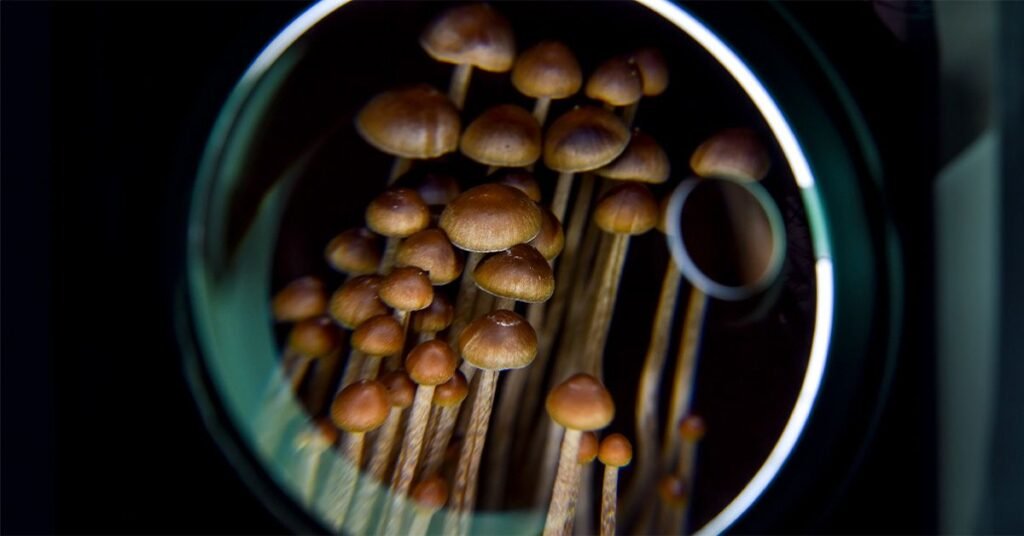A recent study conducted by researchers from Imperial College London in the United Kingdom found that psilocybin, a psychedelic compound found in certain types of mushrooms, provides similar improvement in depression symptoms as selective serotonin reuptake inhibitors (SSRIs), commonly prescribed medications for treating depression. The study, which recruited 59 adults with moderate-to-severe depression, showed that participants who received psilocybin reported greater improvements in social functioning and psychological connectedness after 6 months compared to those who received an SSRI called escitalopram. The study also suggested that psilocybin therapy might be a more holistic treatment option for depression, addressing both symptoms of depression and overall well-being.
The researchers found that both groups, the psilocybin group and the SSRI group, showed notable improvement in their depression symptoms, even up to the 6-month follow-up. The study indicated that psilocybin disrupts the persistent negative thinking patterns that underlie depression, leading to better outcomes in psychosocial functioning and long-term benefits. The study also highlighted that remission rates were much higher for psilocybin compared to escitalopram, even though the mean scores for depression reduction were not significantly different between the two groups. Participants who received psilocybin also reported significant advancements in social functioning and psychological connectedness during the 6-month follow-up, suggesting an overall improvement in quality of life and mental health.
It is important to note that psilocybin has not been approved for depression by regulatory bodies such as the FDA or EMA. Therefore, larger phase 3 trials are needed to potentially garner approval for psilocybin as a treatment for depression. These larger studies can also help identify and minimize potential risks associated with psilocybin treatment. Additionally, researchers continue to explore alternative treatments to standard SSRIs for depression, such as psychedelic therapy and other methods that may achieve similar benefits without the use of drugs. Understanding these alternative treatments is crucial for improving mental health outcomes for individuals living with depression.
Some experts in the field, such as Matthew W. Johnson, PhD, senior investigator at the Sheppard Pratt Center of Excellence for Psilocybin Research and Treatment in Baltimore, emphasize the importance of completing phase 3 trials to determine the effectiveness and safety of psilocybin for depression. Johnson highlights the need to study the risks associated with psilocybin under clinical conditions and optimize screening and treatment methods to minimize harm. Similarly, Rachel Yehuda, PhD, Endowed Professor of Psychiatry at the Icahn School of Medicine at Mount Sinai, notes that more long-term follow-up of psychedelic therapies is necessary to fully understand the efficacy and long-term benefits of these treatments on mental health outcomes.
Overall, this study provides valuable insights into the potential benefits of psilocybin therapy for depression compared to standard SSRIs. The findings suggest that psilocybin may offer a more holistic approach to treating depression by addressing both symptoms of depression and overall well-being. While more research is needed to establish the safety and effectiveness of psilocybin for depression, the results of this study highlight the promising outcomes of psychedelic therapy in improving mental health outcomes and quality of life for individuals living with depression. Continuing to explore alternative treatments for depression is crucial for providing more options for individuals who may not respond to standard medications or who experience significant side effects from current treatments.

